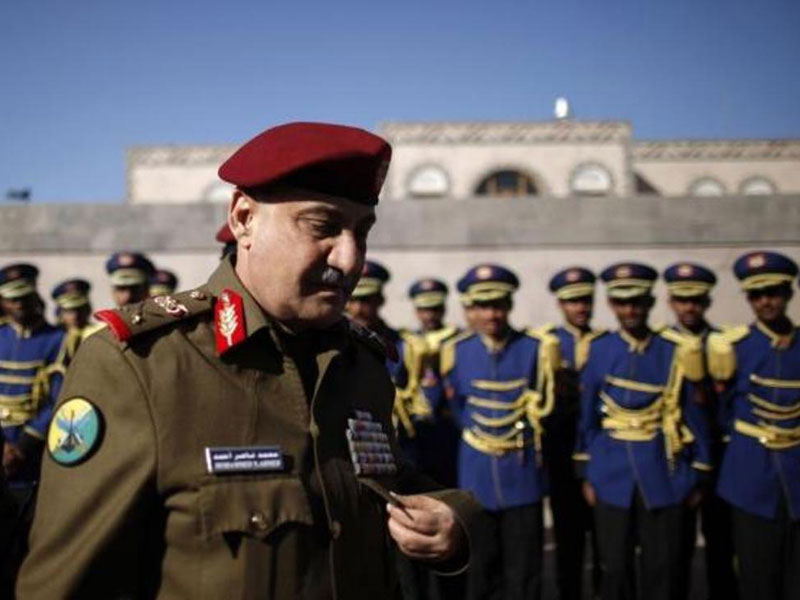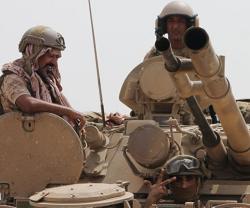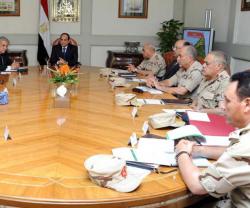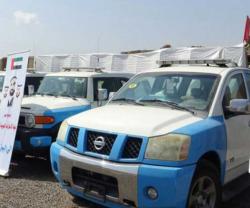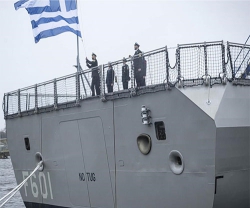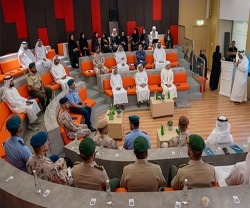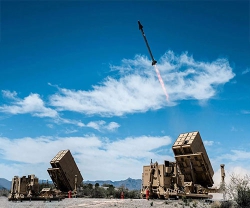Suspected al Qaeda-linked gunmen attacked Yemen's Presidential Palace on Friday and tried to kill the Defense Minister in his car, selecting high profile targets in apparent reprisal for the army's biggest push against militants in nearly two years.
Four soldiers were killed in a gun battle of up to an hour that broke out when militants attacked the main gate of the palace in the capital Sana’a, a security source said.
Sana’a was in lockdown after the gunfight, with checkpoints set up at all the main entrances into the capital.
There was no immediate reaction from any senior Yemeni officials on the attack. State news agency Saba published a brief statement saying three security personnel were killed when a “terrorist group” attacked their patrol vehicle.
An explosion was later heard near a building used by the government's intelligence services in another district of the city, residents told Reuters. There was no immediate word on the cause of the blast.
In the south, Defense Minister Muhammad Nasir Ahmad (photo) escaped an assassination bid by suspected al Qaeda gunmen who attacked his motorcade in the province of Shabwa. The Defense Ministry's website later said the shots heard near Ahmad's convoy were celebratory gunfire.
The violence capped a turbulent few days both for Yemen - a country Washington sees as one of the main battlefields in its global campaign against Islamist militants - and for its Western allies.
Citing recent attacks against Western interests in Yemen, the US closed its embassy in Sana'a to the public.
Since late April the government has stepped up its campaign against the Yemeni group considered al Qaeda's most active unit, al Qaeda in the Arabian Peninsula (AQAP), driving it from some of its strongholds in the south.
The push followed air strikes against AQAP in April that the government said had killed at least 55 militants, the biggest against al Qaeda since at least 2012.
The militants have claimed attempted bombings of Western airliners and carried out dozens of bomb and suicide attacks and commando-style raids against military installations, government facilities and foreign nationals.
Saudi Arabia also watches AQAP with concern, since the branch was founded by citizens of both countries and has sworn to bring down the ruling al-Saud family.
Source: Reuters

